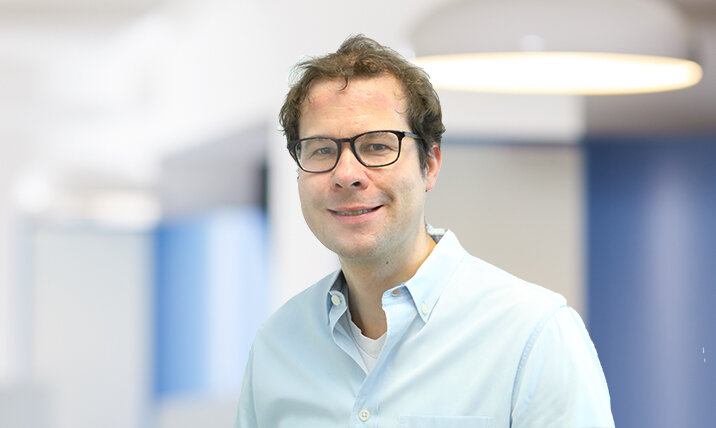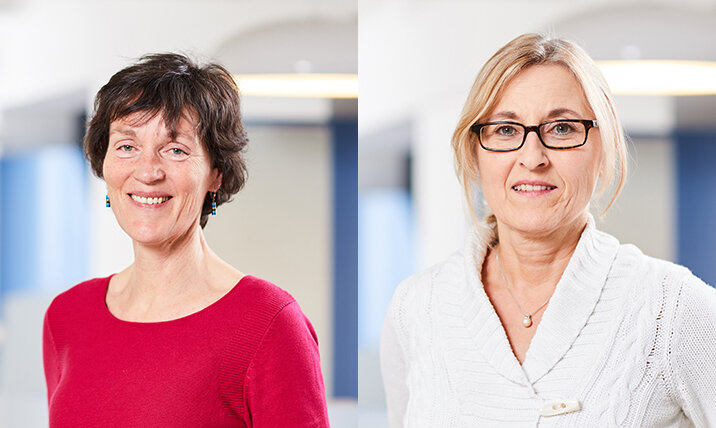B.A. Social work
Course Outline
The Social Work Bachelor program enables students to carry out independent work in various fields of social work.
Students will acquire knowledge which will allow them to understand people’s living situations, and the decision-making competencies required to support people to activate their own resources, realize their own goals, and tackle their own problems. Students are prepared for this worthwhile career through a combination of practical work experience and academics.
The program is oriented towards the requirements of professional practice, the scientific findings of social work, and the disciplines associated with it. Ethical, pedagogical, psychological, sociological, medical, and jurisprudential aspects of social work are firm components of the Bachelor program.
The program offers students the opportunity to focus on specific areas within social work, such as working with migrants.
Social theology can also be taken as a major subject. Here, the focus is on specific areas in which social issues and theological and ethical questions are concerned.
You will learn to
- work scientifically and acquire professional confidence
- understand and explain people’s development, behavior and actions
- promote and evaluate socialization and education
- analyze and participate in the social contexts of social work
- analyze and methodically reflect on social problems
- use media and experiential approaches
- design, implement, and evaluate projects
- apply the knowledge you have gained to the field of social work.
Further information
You will work together with people coming from different situations, and in different phases of life, for example with
- families from various cultural and social backgrounds
- children with specific developmental requirements
- adolescents in youth associations or in institutions
- people with previous convictions or who have problems with addiction
- older people
- people in poverty
- migrants
- people living in particular city areas or suburbs
- church associations such as Caritas and Diakonie
- independent public welfare institutions such as Paritätischer Wohlfahrtsverband [Joint Wel-fare Association], Arbeiterwohlfahrt [Workers’ Welfare Association] or the German Red Cross
- communities, administrative districts, regional councils, and other public authorities, schools, playschools, hospitals, etc.
Information for applicants with a foreign citizenship applying for a degree at KH Freiburg you will find on application.
Information on how to find your way to the KH Freiburg as an exchange student you will find on exchange students.
You will find the general semester dates on Semestertermine (in German).
Academic requirements
Higher education entrance qualification, Fachhochschulreife (education entrance qualification for universities of applied sciences) or subject-linked higher education entrance qualification
or
Applicants without a primary higher education entrance qualification or an education entrance qualification for universities of applied sciences, have the opportunity to be admitted through successful completion of an aptitude test or with an extended university admission: special regulation for qualified working professionals
- In § 59paragraph 1–3, of the State Law on Education has established another means of admission to university for qualified working professionals without an aptitude test. Nurses and workers in a health care profession who can give evidence of 400 lessons of advanced training in addition to their exam-ination can apply for admission. These applicants are required to attend counselling offered by the university.
Any questions? Don't hesitate to contact us!

Prof. Dr. Sebastian Klus

Prof. Dr. Ulrich Siegrist
